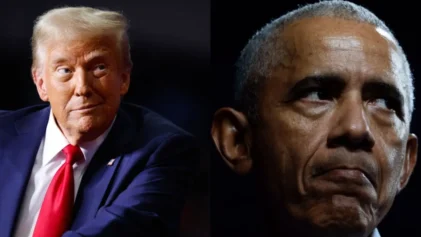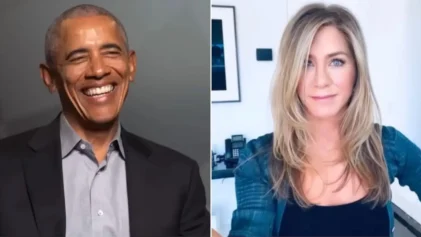In a clever move, Palestine is pushing for a Nov. 29 vote in the United Nations to become an “observer” U.N. state.
Palestine is currently considered an observer “entity,” but not an official state. To be upgraded to statehood would be a monumental move because it would grant the Palestinians access to bodies like the International Criminal Court in The Hague, which would give it the right to file complaints against Israel. It would be the same status accorded to the Vatican.
The move is adamantly opposed by the United States and Israel. They have asked to return to peace talks that collapsed in 2010 over Israeli settlement construction in the occupied West Bank.
But despite the opposition of Israel and the powerful U.S., the draft resolution is expected to pass easily when put to a vote in the 193-nation U.N. General Assembly later this month—a body composed mostly of post-colonial states historically sympathetic to the Palestinians. To further solidify their position, Palestinian diplomats are courting European countries to garner their votes.
The resolution also reiterates the Palestinian Authority’s commitment to the “two-state solution” in which Israel and an independent Palestinian state would co-exist in peace.
The language of the draft states that the resolution would “accord to Palestine Observer State status in the United Nations system, without prejudice to the acquired rights, privileges and role of the Palestine Liberation Organization as the representative of the Palestinian people,” according to a draft obtained by Reuters.
Palestine lost a bid to become a full member of the U.N. last year, partly because of the opposition of the United States in the U.N. Security Council. This is Palestine’s attempt to do an end-run around the U.S.
Palestinian officials believe they have around 115 “yes” votes in the General Assembly, mostly from Arab, African, Latin American and Asian states, and expect around 22 “no” votes, led by the United States, as well as 56 abstentions.
No date for a vote has been set. According to some Western diplomats, the U.S. and European officials are lobbying the Palestinians to persuade them to delay the move to allow newly re-elected President Obamatime to try to restart Middle East peace talks. Israel has threatened to cancel the Paris Protocol—a key economic accord it maintains with the cash-strapped Palestinian Authority—if Palestine pushes the statehood matter, trying to use the financial leverage it has over Palestine.
The U.S. has also threatened to use its financial hammer, suggesting that funding for the Palestinians and possibly some funding for the United Nations could be at risk if the Palestinians seek a U.N. upgrade.


